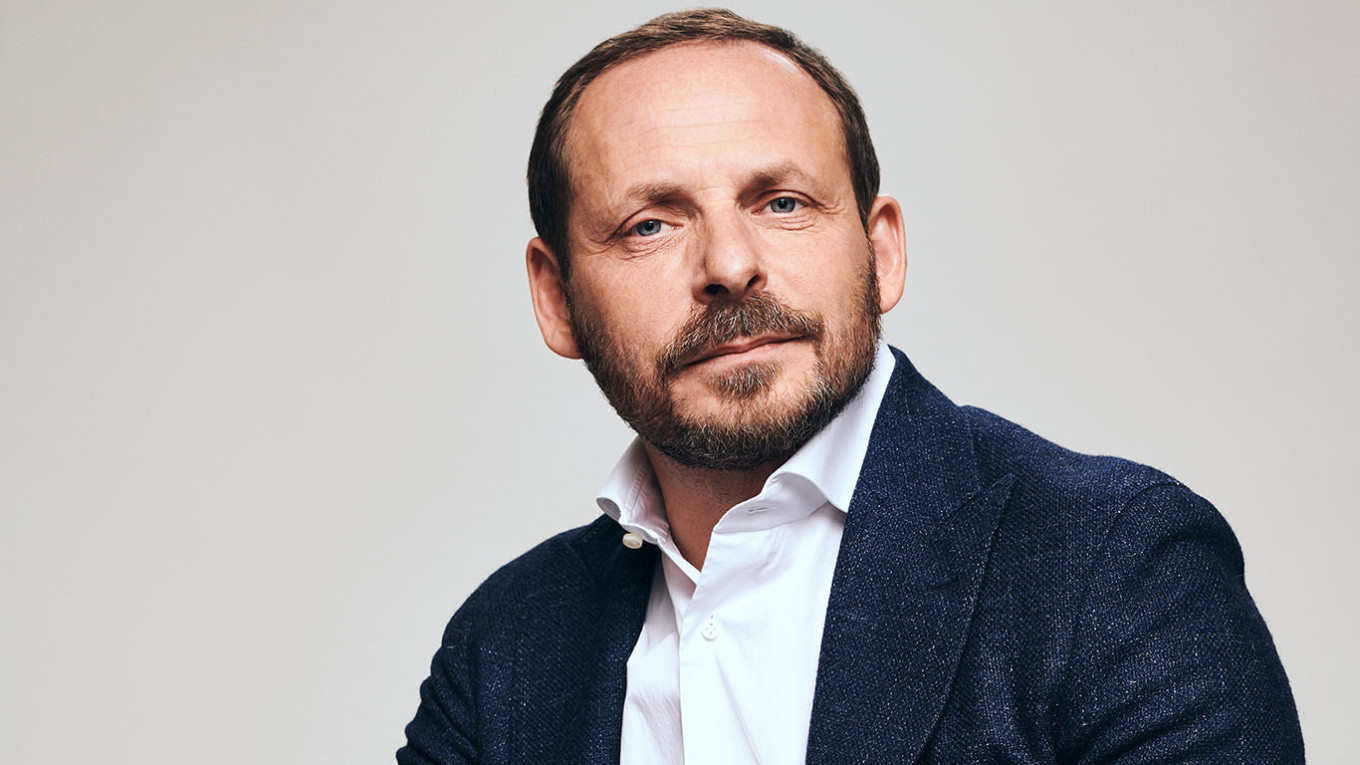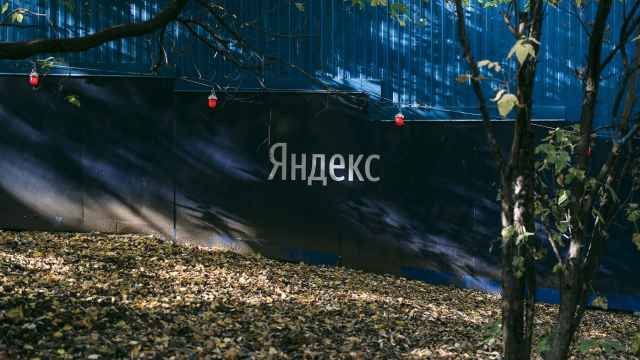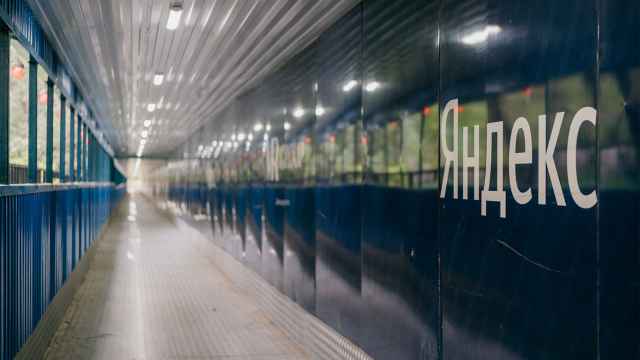The Dutch technology company founded by Arkady Volozh, the billionaire co-founder of Russian internet giant Yandex, on Wednesday unveiled one of the world’s most powerful supercomputers.
The new system, named ISEG2, debuted this week at No. 13 on the TOP500 list, the leading global ranking of supercomputer performance.
“That makes ISEG2 the most powerful commercially available system in Europe — and the second most powerful commercially available supercomputer anywhere in the world,” Nebius said in a statement on X.
ISEG2 is housed at the Verne Global data center, which is located on a decommissioned NATO base in Iceland and powered entirely by hydroelectric and geothermal energy.
The supercomputer has a peak performance of 338.49 PFlop/s, more than 10 times the capacity of the most powerful Russian counterparts. By comparison, the top-ranked Russian system, Yandex’s Chervonenkis, delivers 29.42 PFlop/s and ranks 79th on the TOP500 list.
Nebius’ first supercomputer, ISEG, launched in a converted Yandex data center near Helsinki, Finland, and currently ranks 39th in the world.
Nebius is headquartered in the Netherlands, and its systems are officially credited to that country in the international ranking.
The company plans to expand its supercomputers to Israel next, having won a $135 million grant in May from the Israel Innovation Authority to build one of the systems there.
Volozh relocated to Israel from Russia in 2014. In August 2023, over a year after the full-scale invasion of Ukraine, he said that he was “categorically against” the war.
In a January 2025 interview with Bloomberg, he said his delay in speaking out was due in part to efforts to relocate more than 1,000 Yandex employees who wanted to leave Russia and join Nebius.
Volozh said he hired a personal security detail after President Vladimir Putin publicly referred to him as a “talented person” — a remark that many saw as a potential threat in response to his anti-war statement.
A Message from The Moscow Times:
Dear readers,
We are facing unprecedented challenges. Russia's Prosecutor General's Office has designated The Moscow Times as an "undesirable" organization, criminalizing our work and putting our staff at risk of prosecution. This follows our earlier unjust labeling as a "foreign agent."
These actions are direct attempts to silence independent journalism in Russia. The authorities claim our work "discredits the decisions of the Russian leadership." We see things differently: we strive to provide accurate, unbiased reporting on Russia.
We, the journalists of The Moscow Times, refuse to be silenced. But to continue our work, we need your help.
Your support, no matter how small, makes a world of difference. If you can, please support us monthly starting from just $2. It's quick to set up, and every contribution makes a significant impact.
By supporting The Moscow Times, you're defending open, independent journalism in the face of repression. Thank you for standing with us.
Remind me later.






